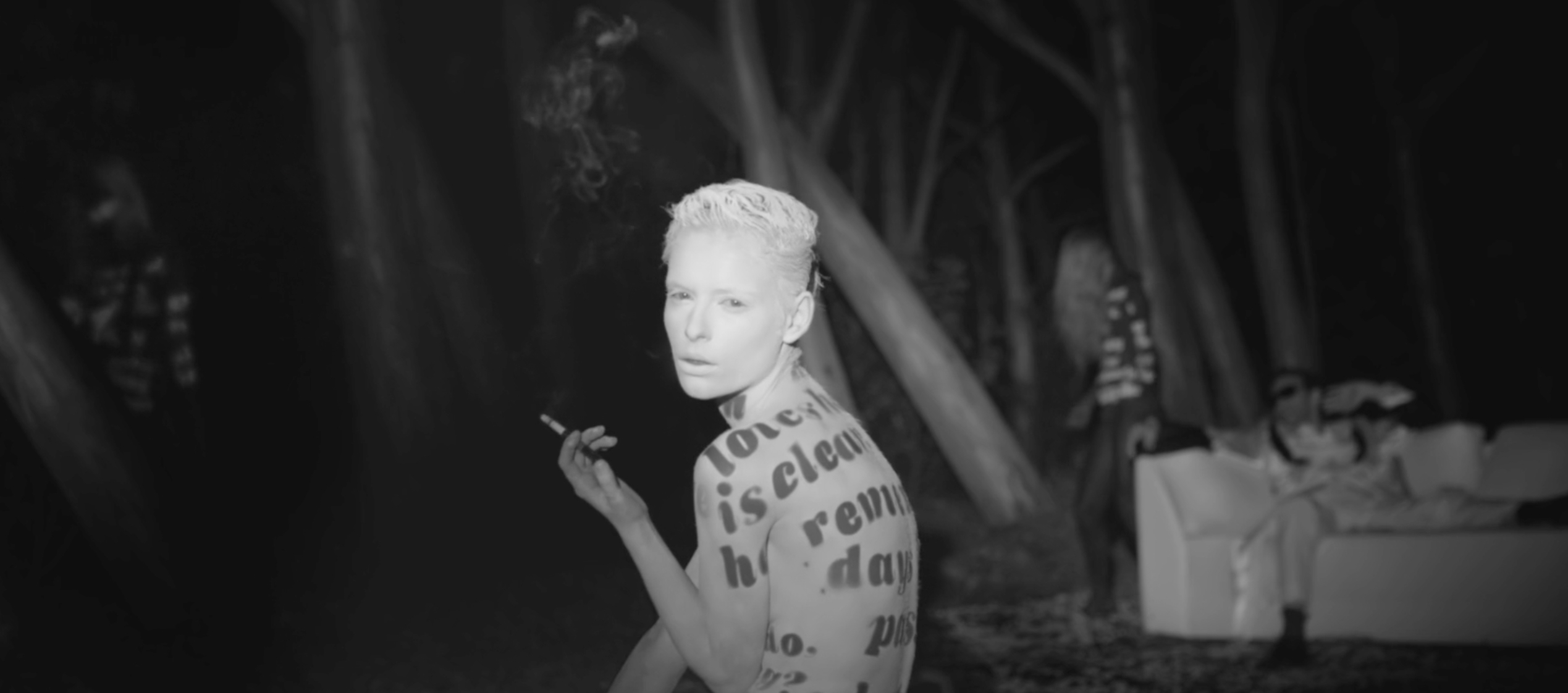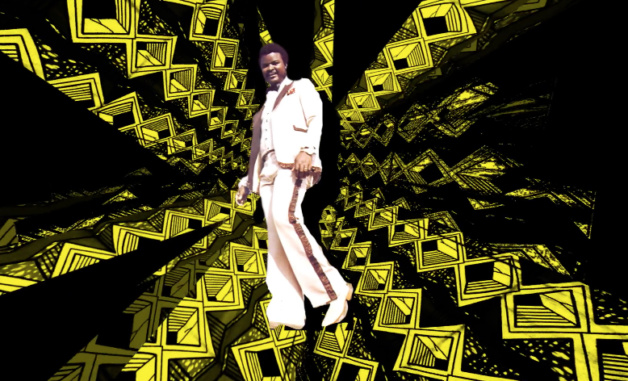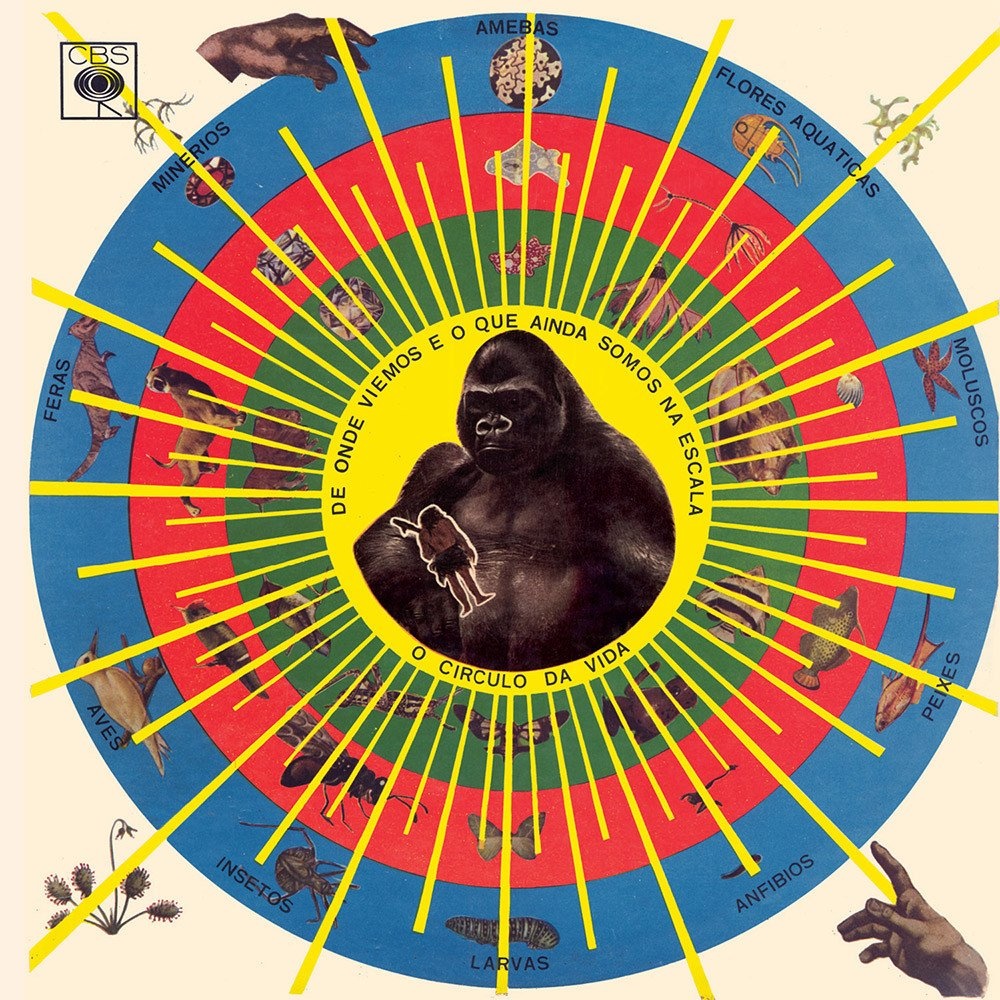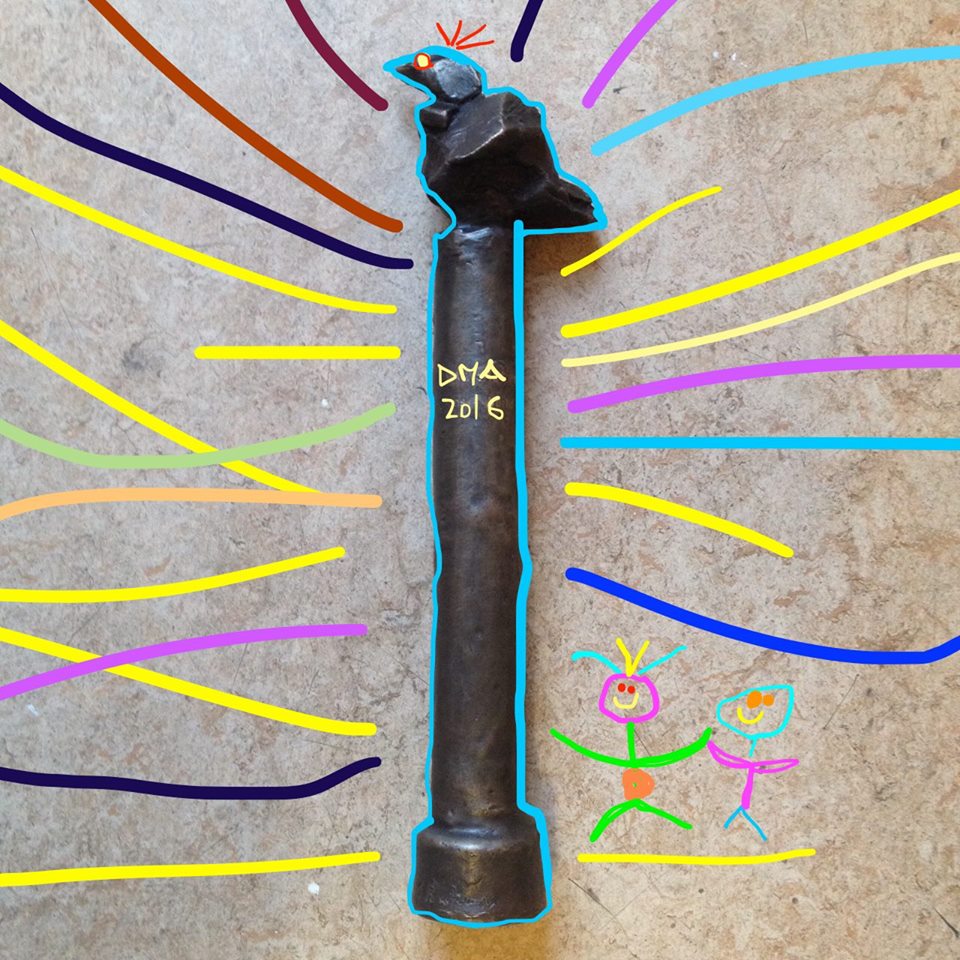Everything Has an End, But the 'Wursht' Has Two
Ever heard of Stephan Remmler and his band Trio? Maybe not. However, you may have crossed paths with his German new wave hit “Da Da Da”, released at the ultra-coolish, icy beginnings of the '80s; a monotonous, semi-callous, numb, yet cynically funny anti-love song with that now iconic, recurring line, quasi spoken by a deep and seemingly indifferent male voice in the same repetitive groove as the Da Da Da bass: “Ich lieb Dich nicht, Du liebst mich nicht” (I don’t love you, you don’t love me). The strength, authenticity and honesty of this track propelled it to worldwide recognition, as an English version was in high demand.
One moment later in history, with the '80s in their finishing round, Michael Jackson, Madonna and Prince were very much alive and kicking, new wave and punk were past their peak, while former B-movie actor Ronny Reagan was in full swing, poised to crush Gorbachev’s Soviet Empire with his “Star Wars”-ish arms race; it was around that time in the year 1987 that Stephan Remmler’s band Trio released “Alles hat ein Ende (nur die Wurst hat zwei)” (Everything has an end, but the sausage has two), a comical and once again deeply cynical ‘Schlager’, which basically boils down to the grim insight that almost every relationship must come to an end, save for the sausage, which literally has two ends. The track to this day remains a hit, on the national level at least. It may have overdosed on that particular kind of humoresque German primitivism, that is less understood elsewhere, but the phrase and song, now staples of German pop culture, have since taken on a life of their own.
Which, almost 30 years later, brings us to a certain Joe Fleisch (pronounced ‘flysh', meaning meat or flesh in German) aka Jossi Reich, frontman and controversial crooner of the notorious Jewish Monkeys.
Immodestly, Joe Fleisch, the self-proclaimed “neo-Yiddish singer”, claims his singing in the old language “is how Yiddish Pop would have sounded, had Hitler never been born”. A son of Jewish-Polish Holocaust survivors, who after the war found a new home in Germany of all places and who then emigrated to Israel in the late 90s, Joe had always been obsessed with an aspiration to transform the German hits of his youth into Yiddish tunes. Hence, the German sausage, alias “Wurst”, turned into the Yiddish “Wursht”. It just so happened, that Joe approached one of his closest buddies, the video clip director Guy J. Bolandi, who put him in touch with composer/producer Ori Toledano, both acclaimed artists on the Tel Aviv scene.
The latter outfitted Joe Fleisch’s tune with a contemporary, electro-oriental club sound, while Guy J. Bolandi, one of Israel’s most sought after commercial directors for all kinds of tasteless and less tasteless consumer products, always trigger-happy when it comes to doing something provocative, set up a dark, nightly forest scenery and filled it with a bunch of mind-bogglingly erotic female models, who in turn, having just escaped their teens, symbolize that lurking temptation facing millions of poor, horny, heterosexual men on a daily basis, once they have decided to stay true to their chosen one for the rest of their lives.
In order to make the depth of his Yiddish lyrics more comprehensible, Joe urged Bolandi to add some karaoke flair to his “Wursht”. This inspired Bolandi to not only body-paint his actresses with the English translation to Fleisch’s lyrics, but to even take things one step further and integrate a typographic visualization into this stunning lyrical metamorphosis from German to Yiddish. Bolandi combined visual elements usually found in works by contemporary graphic design artists with strong references to the works of Robert Brownjohn, one of the pioneering title-sequence-designers of his time (i.e. James Bond, “Goldfinger”).
The result is an innovative pop music video, likely to become the very first international Yiddish chart-breaker of the past seven or more centuries (ever since Yiddish came into being, sometime in the dark, German, medieval ages). Yeah!
In closing we say, cursed be the one, who almost exterminated this language. His body may have been burned to ashes after he committed suicide, but his genocidal legacy lives on, be it in the killing fields of Cambodia, in former Yugoslavia, Ruanda, Darfur, Syria, etc. But this shall not be our concern. Instead, we care about fashion, love and ecstasy. So have no fear. Even though the end is near, Joe Fleisch’s “Wursht”, from the hands of Ori Toledano and Guy J. Bolandi, will be sure to console us and keep us afloat, as Global Warming and unfortunate wars threaten to melt and burn us very soon; to ashes. Enjoy!












